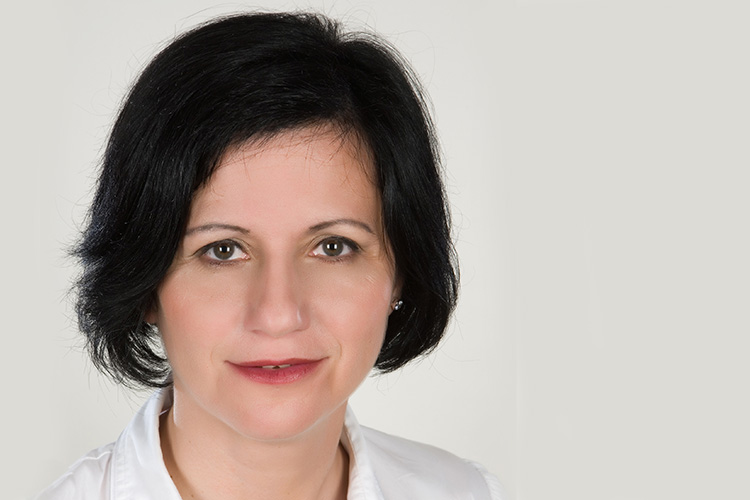by Adelina Gschwandtner and Michael Burton, KDPE 1702, January 2017.
Non-technical summary
The main objective of the present project is to analyse and understand what drives purchases of organic food in the UK and how much UK consumers are willing to pay for organic food products so that new perspectives can be developed and proposed to policy makers. This is important since there has been almost no recent formal economic analysis of the willingness to pay for organic products in the UK. The existing organic markets in the UK allow us to understand real purchasing behaviour but this is limited to current market conditions. Stated preferences techniques allow to explore new, yet inexistent aspects of the market in a controlled, experimental way. However, by far the strongest criticism brought to stated preferences techniques is the hypothetical bias derived from the hypothetical nature of the experiment. The present study is intending to resolve this issue by collecting data on both real and hypothetical behaviour.
The analysis is important for the design of a strategic policy for the development of the UK organic food sector. The UK was one of the countries that recovered most slowly after the financial crisis with respect to organic sales. In 2013, while worldwide the sales of organic products were surging, the UK accounted a negative growth (Organic Market Report 2013). At present, the demand seems to have recovered and the organic food market seems to increase more than any other food market in the UK. However, the organically farmed area is still decreasing and UK organic farmers are converting back to conventional production (IFOAM 2012, DEFRA 2015, Organic market Report 2016). This implies that the organic food imports have increased which in return implies that the UK is missing important environmental and economic growth opportunities.
This is the non-technical summary for a new discussion paper by Adelina Gschwandtner and Michael Burton, KDPE 1702, January 2017.

